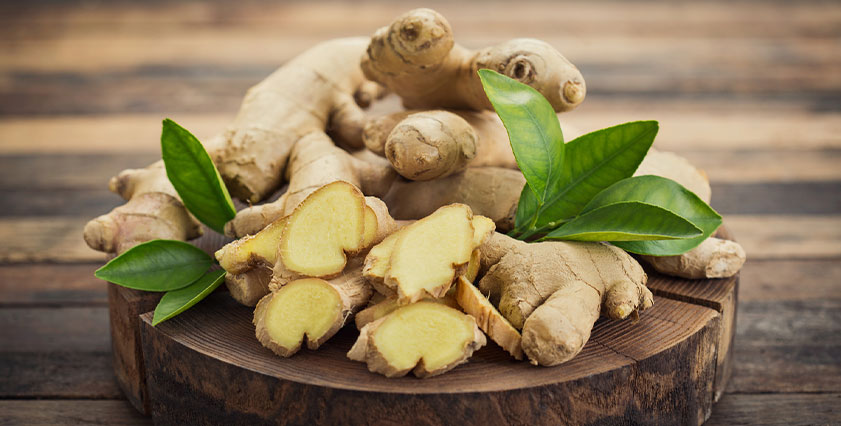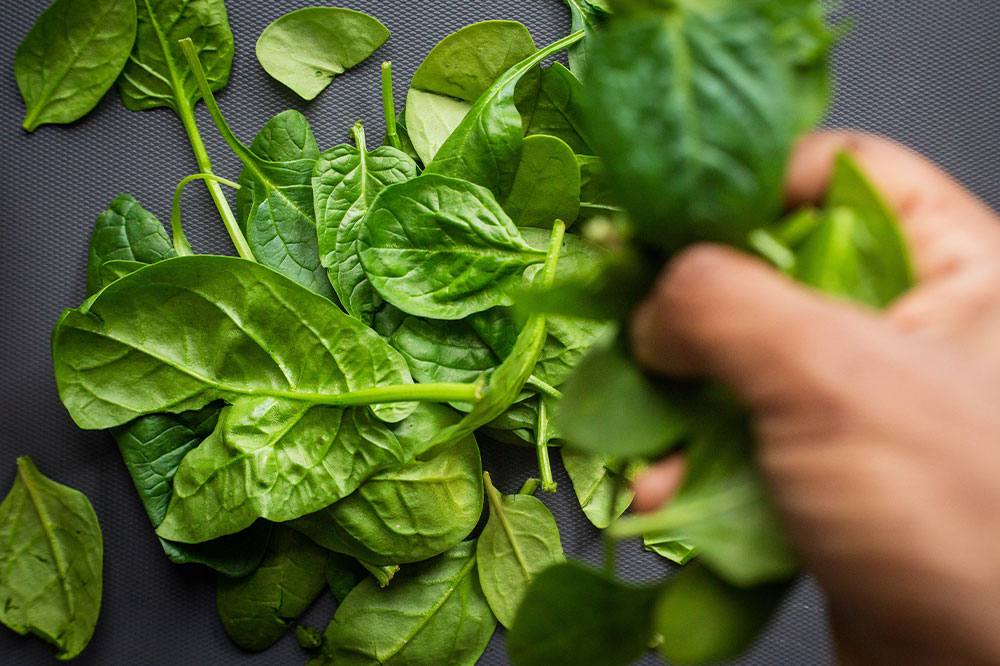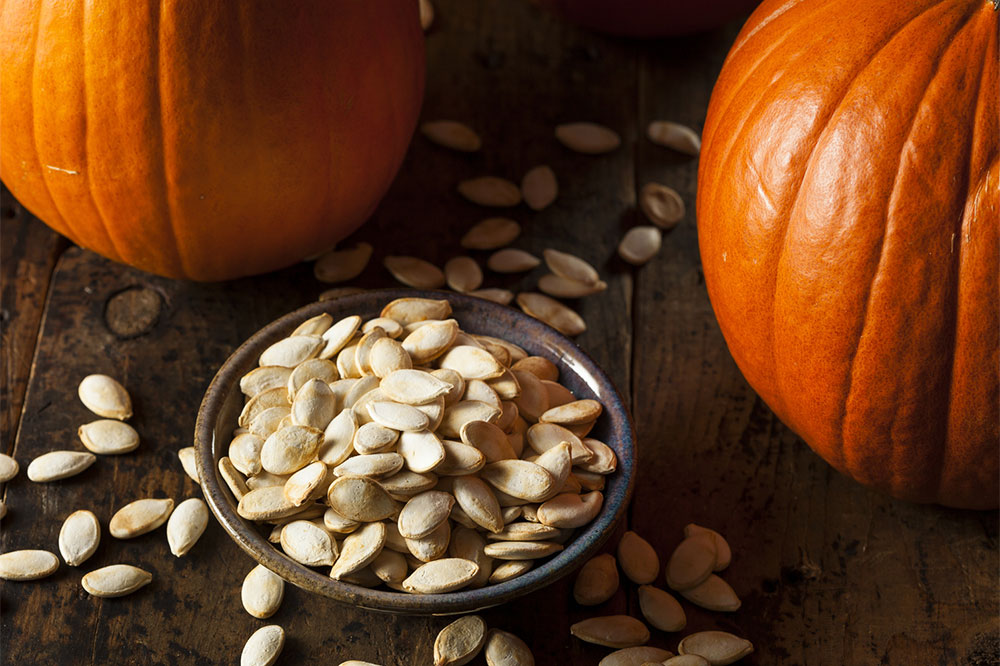15 foods that may help relieve mucus buildup

Mucus production is a healthy part of one’s respiratory system. This mucus lining in the mouth, nose, sinus, throat, and lungs is responsible for trapping dust, allergens, and viruses. However, during an infection or an allergy, phlegm or mucus can cause irritation and discomfort. People often use home remedies such as humidifiers, steam, and gargling to relieve mucus. To aid this process and alleviate symptoms, the following foods may also help:
Ginger
Ginger plays an important role in the cuisine of several cultures across the world. Due to its antihistamine content, ginger has powerful anti-inflammatory properties, often acting as a natural decongestant. It can help relieve mucus and reduce infections of the upper respiratory tract. For best results, try fresh ginger root. Boil it in some water to make ginger tea, or slice or grate it into smoothies or juices for an additional flavor and immunity boost.
Cayenne pepper
Cayenne pepper (and other spicy peppers) are a rich source of capsaicin. This can help reduce cough and mucus buildup in the body. To consume it, simply add one pinch of cayenne pepper to soup or broth. However, those experiencing acid reflux or other digestive ailments must avoid spicy foods as they may worsen inflammation.







